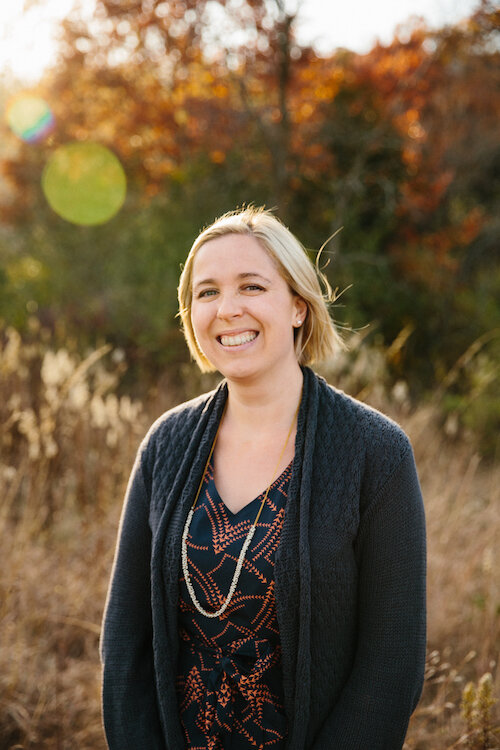The Pros and Cons of an MFA Writing Program
Former literary agent, now a freelance editor, writing teacher, and IP/story developer for major publishers and creators.
By Mary Kole
Writing workshops and creative feedback, including the kind found in an mfa writing program, are essential for any writer looking to improve their craft. However, traditional Master of Fine Arts (MFA) programs can be expensive and time-consuming, making them an impractical choice for many aspiring writers. That’s not to say that they’re not the right decision, but you might have other options, if you’re considering one. Writing workshops like Story Mastermind offer a more affordable and can be an efficient alternative for those looking to hone their skills in an MFA writing atmosphere.
Is an MFA Writing Program Worth It?
An MFA writing program is a great way for writers to get serious about their storytelling craft and receive community support from peers and publishing industry professionals. It typically involves a one- to two-year commitment, and provides aspiring writers with the opportunity to work on long-term writing projects away from the distractions of the real world. However, competition for entry into an MFA writing program is stiff, with thousands of writers applying for highly coveted scholarships and stipends to pay for their degrees. (Some MFA writing programs pay a stipend, while others are pay-to-play and accept writers who can afford or finance the program’s fees.)
The hallmark of the MFA writing program is the writing workshop, which has been around in the U.S. for at least one hundred years. In a typical workshop, eight to twelve students gather in a room for an hour (or several) at a time and workshop one student’s submitted work. Sometimes, multiple students can go in one session. Through routine practice and access to writing feedback from dedicated peers and a teacher, enrolled writers develop a keener sense of their readers, learn how to translate their life experiences and ideas to the page for their target audiences, and develop key creative writing techniques along the way.
However, criticism can be hard to take, and it's important for writers to remember that feedback on their work is not a personal attack. The purpose of an MFA writing program is to get writing notes and learn how to critique the work of others. At the graduate level, this is not a place for an ego or a sensitive soul. You are ideally in the workshop to learn and grow, and that sometimes involves getting painful or challenging feedback.
A manuscript-length thesis is the result of many MFA writing programs, and writers often find the time and space to work on their projects to be a benefit of enrolling and committing to several years of graduate study. However, there’s no guarantee of landing a literary agent or book deal as a result of graduating from an MFA writing program. As with many educational opportunities in life, you get out of it what you put into it.
MFA Writing Support Without the Drawbacks
Writing workshops like Story Mastermind provide an affordable and efficient alternative to traditional MFA writing programs. This writing workshop intensive offers writers the opportunity to receive structured feedback from peers and industry professional teachers, as well as helping students hone their skills in a supportive environment. While criticism can be difficult to take, it is an essential part of the creative process and can help writers improve their work. A remote workshop such as Story Mastermind could be the answer if traditional MFA writing programs are too lengthy or expensive.
Want writing guidance, feedback, and accountability?
Self-guided writing study is great, but can only take you so far. Apply to Story Mastermind—a small group workshop intensive for your novel, memoir, outline, or picture book idea. Achieve a robust outline or draft, or a portfolio of picture books, in a rigorous but supportive environment. Imagine how much closer you can be to your writing goals after participating in Story Mastermind.

